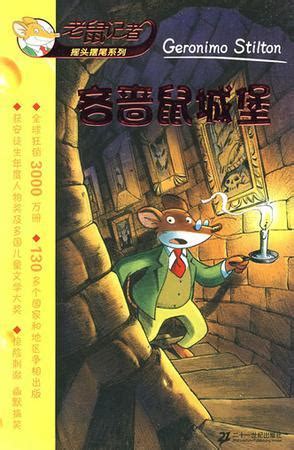Title: The Translation of "吝啬" in English
In English, the term "吝啬" can be translated as "stingy" or "miserly." Let's delve into the nuances of these translations to understand their usage more precisely.

1.
Stingy
:This word typically describes someone who is reluctant to spend money or share resources, often to an excessive degree. When you call someone "stingy," you're implying that they are unwilling to be generous or charitable. For example:
"He's so stingy that he never buys anyone a drink."
"Don't be stingy with the toppings; put plenty on the pizza!"
2.
Miserly
:"Miserly" carries a similar meaning to "stingy," but it emphasizes a more extreme form of frugality or greediness. It suggests a deepseated unwillingness to part with money or possessions, often regardless of need. Here are some examples:
"Despite his immense wealth, he lived a miserly existence, never indulging in luxuries."
"The miserly old man refused to donate even a small portion of his fortune to charity."
When choosing between "stingy" and "miserly," consider the degree of tightfistedness you wish to convey. "Stingy" is more commonly used in everyday conversation and can describe someone who is moderately frugal. "Miserly," on the other hand, conveys a stronger sense of extreme thriftiness or selfishness.
In formal or professional contexts, "stingy" may be preferred for its simplicity and widespread understanding. However, if you want to emphasize the severity of someone's lack of generosity, "miserly" may be the more appropriate choice.
Ultimately, both "stingy" and "miserly" effectively translate the essence of "吝啬" into English, allowing for clear communication of the concept in various contexts.









